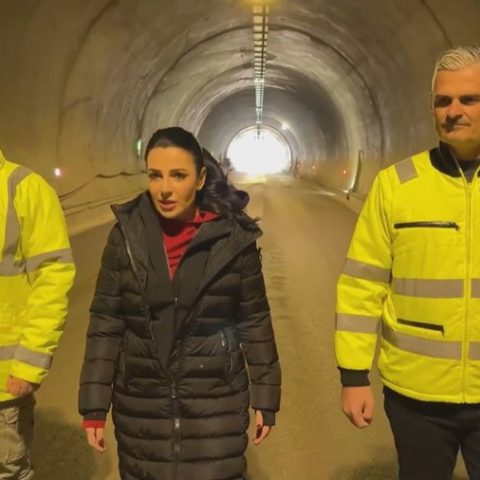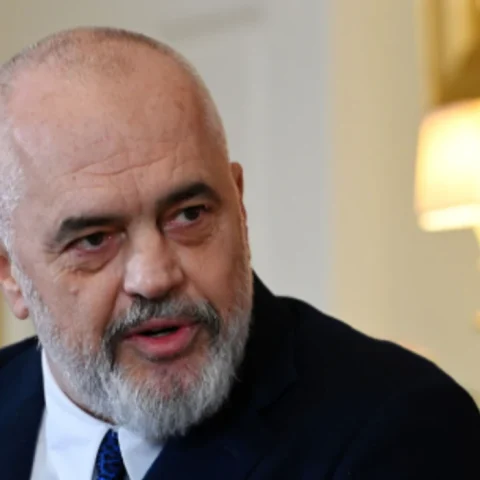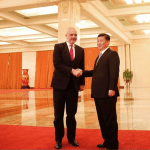By Mentor Nazarko
In its policy towards Albania, over the past fifteen years Greece has had two principle action agendas to realize: a political agenda, with a historical background, and the other agenda, with an economic background. Under the government of Mr. Simitis, the expectations were surpassed in the economic agenda, with wholesale penetration of Greek capital into our country and throughout the whole region. The historical agenda faded somewhat, which, undoubtedly has been carefully filed in the offices of the chancellery, to be retrieved at a later date.
We should all actually be happy with this kind of a vision. But what will happen, when, with the advent to office of the new Nea Demokratia government, the economic agenda will fade and the historical agenda will re-surface, in the face of a political class like ours, which does not have the strength to cope with the other side? Perhaps the Greek companies can preserve their lead in the field of mobile telephone communication, with the help of this government that does not liberalize the market and has blocked the penetration of the third operator, but this cannot last forever.
And the superiority of the banks is shifting: the penetration of major Italian banks is overturning the partial supremacy of the Greek banks. Something to this effect may have happened in the sector of oil distribution, etc. In exchange, Greece may be satisfied that it is making progress in the construction of five or six cemeteries for the Fallen of a war waged on Albanian territory that they regard as being glorious. However, the insistence in such an undertaking, is not welcomed by the Albanians, and the image of Greece, so very necessary for the comfort of Greek business here, is threatened.
The same thing happens, when there is a stubborn persistence of unilateral undertakings of granting citizenship to the so-called “homogenous” citizens, although this is an act that runs completely counter to European Conventions that seek a reduction of cases of dual citizenship. There is a reaction from personalities who influence local public opinion, there are comments made by frustrated citizens, fed up with the latest Greek decision etc; all of this has an impact on this perception. Should there be a persistence in such propaganda undertakings, that provoke the Albanians and create a hostile climate towards the Greeks?
Sense of justice?
The relations between our two countries are languishing under the full scale invasion of Greek politics, which does not indicate even a minimal sense of justice in dealing with the issues of the past, that retain validity today too. It is true that when two neighboring countries do not have an equal level of development, the bigger country benefits the most from the relationship, however shameless abuse due to size, international status, temporary advantage, fails to create a good opinion amongst the Albanian public.
For example, the obligations of the Treaty of Friendship are being ignored, especially Article 15, “on the lifting of obstacles to allow the entitlement of assets on mutual territories.” The Law of War and the associated legislative framework block the functioning of this article, stopping access of the Albanians to their assets in Greece. Greek authors once again come to our aid, accurately confirming this statement, in short, that the Law of War exists and that it blocks access of Albanians to their assets on Greek territory, and which are worth a great deal today.
Somewhere back around 1999, the Greek press published a reserved document of the foreign policy of this neighboring country, which underlined that everything must be done to obstruct, at all costs, the creation of an anti-Greek climate in Albania, particularly through the media, and this, first and foremost, was linked with the need of business to work calmly. An entirely legitimate objective of the neighbors, however, when the historical agenda has the upper hand, then it poisons the social environment with the phantoms of the past.
Greek economic agenda waning

Change font size:









